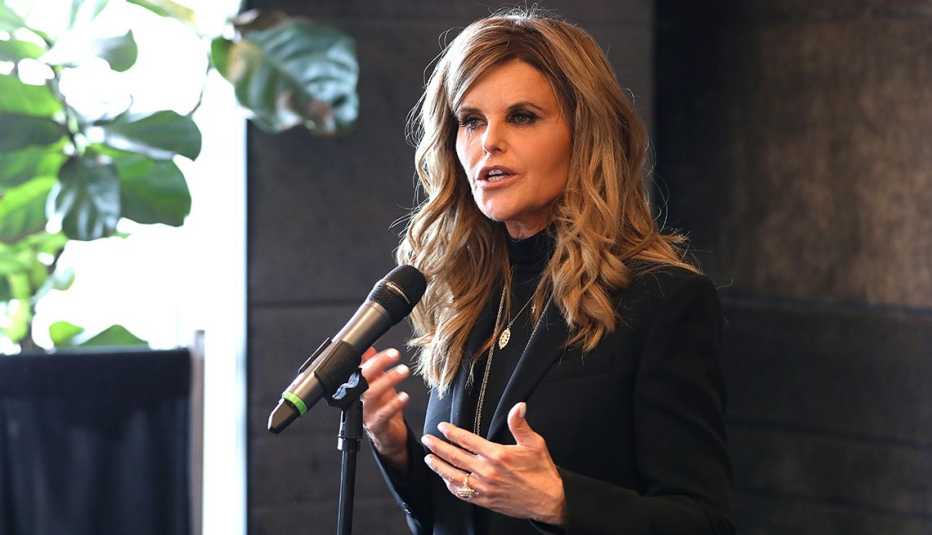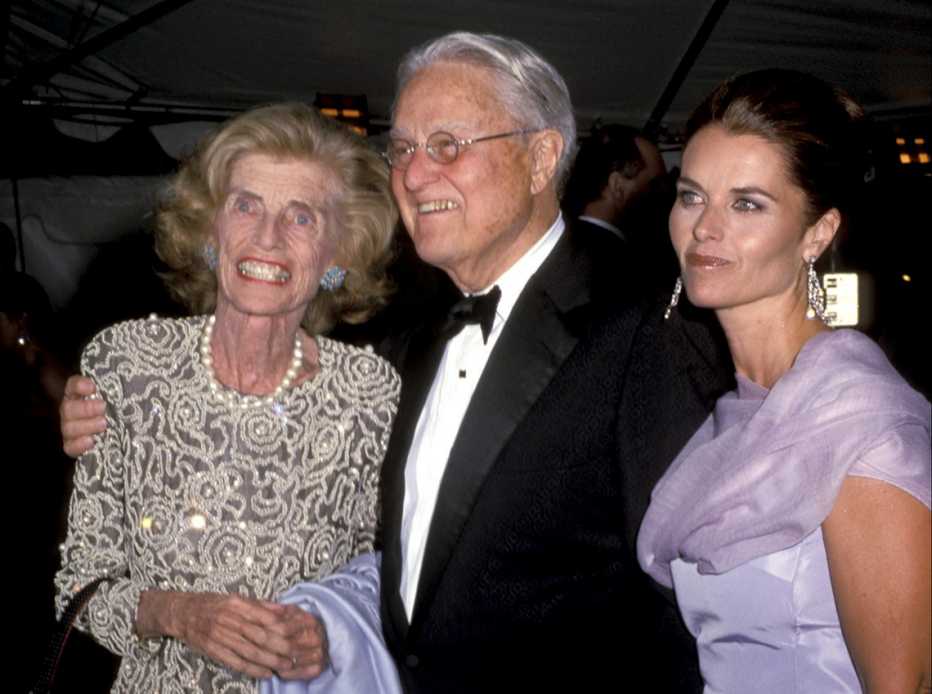Staying Fit


Maria Shriver has lived her life on her own terms, in a very aspirational and often public way. She is the editor of “The Sunday Paper,” a weekly email newsletter with news and views; the founder of the educational and advocacy organization the Women's Alzheimer's Movement; a caregiver for both of her parents, an NBC News journalist; and the former first lady of California. Here she opens up about her myriad roles and how she stays sane during COVID-19.


AARP Membership— $12 for your first year when you sign up for Automatic Renewal
Get instant access to members-only products and hundreds of discounts, a free second membership, and a subscription to AARP the Magazine.
Lee Woodruff: Describe where you are in your life now. Had you imagined this present chapter?
Maria Shriver: No, I didn't imagine I'd be where I am right now at all. My four children are all out of the house, and I'm home alone. I never saw that coming — in fact, it wasn't in my thought process — but I'm in a very healthy place. I'm blessed to be the age I am, proud to be a source of wisdom, and I'm in companionship and connection with a new version of myself, which is fascinating and interesting. Every morning I have a routine that centers me. It starts with saying a prayer and giving thanks before my feet touch the floor. Laughter is very important, and I'm grateful that I have deep relationships with my kids, friends and family. I'm aware that there is less time in front of me than behind me, so I want to make the time in front be meaningful and use my voice in ways that feel right.
L.W.: How have you been coping since the pandemic?
M.S.: I was reflecting back the other day that right before the pandemic hit, I had made the decision to write my “Sunday Paper” introduction that week about how it felt like everything in my life was finally in a good place. I had just revived my journalism career at NBC, after nine years, and found some sort of balance with that work and the other parts of my life. And then, like all of us, the pandemic completely upended that. It was a big reminder to me that none of us can ever really see exactly where we are going, so we have to focus on the day in front of us.


































































More From AARP
The Reality of Suddenly Becoming a Caregiver
How a catastrophic event in Iraq changed Lee and Bob Woodruff's life